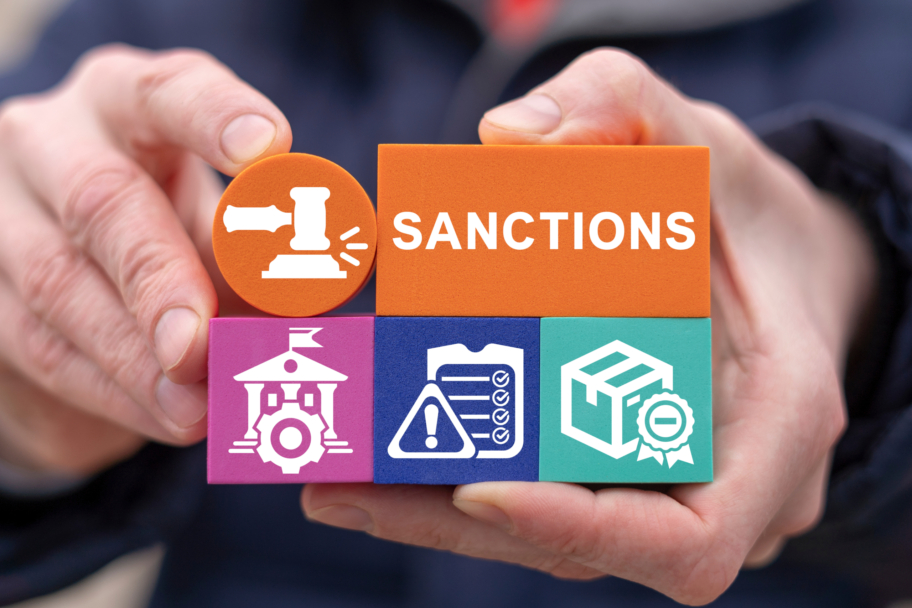#EconomicPolicy
#EconomicPolicy77
Contacts:
David Thesmar
MIT Sloan School of Management
dthesmar@gmail.com
Private sanctions against Russia
Survey evidence on corporate stakeholders’ willingness to forgo profits for moral reasons
Asked to imagine that they were employees, shareholders or customers of a firm that continued to operate in Russia after the invasion of Ukraine, a large fraction of respondents to a June 2022 survey of a representative sample of Americans said that they would be willing to show their disapproval. That is among the findings of a new study by Oliver Hart, David Thesmar and Luigi Zingales.
The research team also find that the willingness to sanction the firm decreases with the cost of doing so, but does not respond much to the potential impact (except for shareholders). In addition, progressives are much more willing to show their disapproval, except in older generations. And participants who express strong moral values of compassion and fairness are more likely to show disapproval.
Overall, the analysis suggests that corporate stakeholders – especially customers through boycotts – can significantly influence the behaviour of firms. Managers who seek to maximise shareholder value in these circumstances may be pressured into withdrawing from Russia, to retain employees and customers, and avoid sell-offs of shares in their firms.
The invasion of Ukraine has created a moral dilemma for several multinationals with profitable operations in Russia. Very early in 2022, many companies pledged to withdraw from Russia, often at a significant cost. These authors argue that the situation was unique, in that sanctions against a country were privatised – as opposed to traditional sanctions, which are taken by governments. Since firms typically see their role as to maximise profits, implementing sanctions falls outside their typical scope.
The study uses a large survey to understand the willingness of stakeholders in a firm to deviate from profit maximisation and implement sanctions. This survey was run in June 2022 on a panel of 3,000 US participants.
One original feature of the poll is that it sets up a hypothetical situation where the participant poses as a stakeholder of a company that decides to remain in Russia after the invasion. The participant is then given the option of showing disapproval of the firm’s decision.
The researchers randomise key elements of this hypothetical situation. The participant is described as an employee, a shareholder or a customer. Showing disapproval may have consequences for a firm’s behaviour or no impact at all. It can be costly to the participant (for example, shopping at another company may entail additional costs) or not.
Reflecting a general outrage about the invasion of Ukraine, a large fraction of participants claim to be willing to show their disapproval of the company, to a similar extent whether they are employees, shareholders or customers. This willingness to sanction the company decreases with the cost of doing so, but does not respond much to the potential impact (except for shareholders).
In the sample, progressives are much more willing to show their disapproval, except in older generations. Participants who express strong moral values of compassion and fairness are more likely to show disapproval.
Overall, the analysis suggests that corporate stakeholders – especially customers through boycotts – can significantly influence the behaviour of firms. Managers who seek to maximise shareholder value in these circumstances may be pressured into withdrawing from Russia, to retain employees and customers and avoid stock sell-offs.
These findings highlight a new evolution of modern capitalism. Firms may be pushed to become political agents to cater to their stakeholders’ political values. The era of ‘doux commerce’, where globalisation would foster peace by attenuating differences in moral values and identities, may be over. When tensions arise, firms may no longer be able to remain neutral and may have to pick sides to satisfy their stakeholders.
‘Private Sanctions’
Authors:
Oliver Hart (Harvard University)
David Thesmar (MIT Sloan School of Management)
Luigi Zingales (Chicago Booth)







